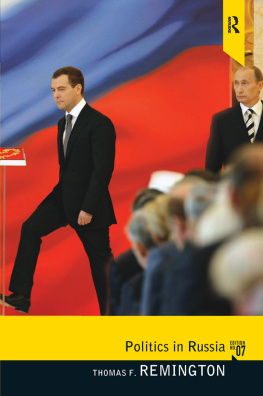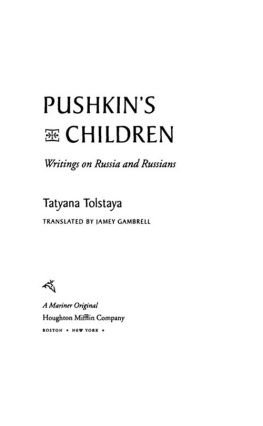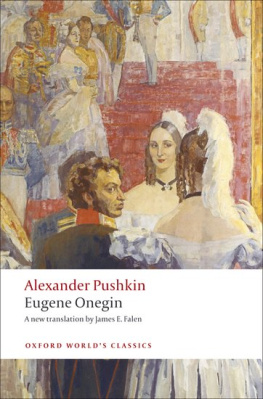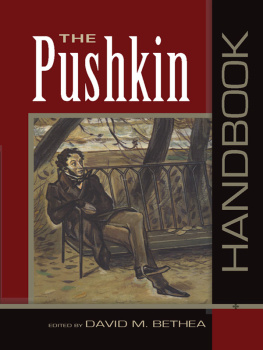Yuri Druzhnikov - Prisoner of Russia: Alexander Pushkin and the Political Uses of Nationalism
Here you can read online Yuri Druzhnikov - Prisoner of Russia: Alexander Pushkin and the Political Uses of Nationalism full text of the book (entire story) in english for free. Download pdf and epub, get meaning, cover and reviews about this ebook. year: 2018, publisher: Routledge, genre: Non-fiction. Description of the work, (preface) as well as reviews are available. Best literature library LitArk.com created for fans of good reading and offers a wide selection of genres:
Romance novel
Science fiction
Adventure
Detective
Science
History
Home and family
Prose
Art
Politics
Computer
Non-fiction
Religion
Business
Children
Humor
Choose a favorite category and find really read worthwhile books. Enjoy immersion in the world of imagination, feel the emotions of the characters or learn something new for yourself, make an fascinating discovery.

- Book:Prisoner of Russia: Alexander Pushkin and the Political Uses of Nationalism
- Author:
- Publisher:Routledge
- Genre:
- Year:2018
- Rating:5 / 5
- Favourites:Add to favourites
- Your mark:
Prisoner of Russia: Alexander Pushkin and the Political Uses of Nationalism: summary, description and annotation
We offer to read an annotation, description, summary or preface (depends on what the author of the book "Prisoner of Russia: Alexander Pushkin and the Political Uses of Nationalism" wrote himself). If you haven't found the necessary information about the book — write in the comments, we will try to find it.
As the central figure in Russian literature, Alexander Pushkin (1799u1837) has been claimed by nearly every political faction, right and left, in Russian cultural politics over the past two centuries, culminating in his official canonization under the Soviet regime. In Prisoner of Russia, Yuri Druzhnikov analyzes the distortions and misrepresentations of Pushkins cultural appropriation by focusing on Pushkins attempts at emigration and his attitudes toward Russia and Western Europe.Druzhnikovs semi-biographical narrative concentrates on Pushkins attempts to leave Russia after his graduation from the Lyceum, through his period of exile, until his early death in a duel in 1837. The matter of emigration from Russia was a politically charged issue well before 1917; witness the hostile reception of all of Turgenevs novels from Fathers and Sons on. The emigrU artists cultural context is often used to assess his authenticity and stature as seen in the Western examples of Henry James, T.S. Eliot, or James Joyce. Druzhnikov sharply criticizes the omnipresent and reductive tendency in Russia (and the West) to define Russian cultural figures in terms of absolute essences and ideologies and to ignore the ambivalences that in fact help to define a writers singularity. In the larger view, he argues, it is these that explain the variety and complexity of Russian culture.Druzhnikovs multidisciplinary approach combines literary and political history, with critical commentary arranged in chronological sequence. His interpretive apparatus ranges widely through nineteenth- and twentieth-century history, and provides the necessary intellectual context for nonspecialist readers. He also avoids the massive accumulation of trivial detail characteristic of so much Pushkinology. This accessible, valuable exercise in cultural history will be of interest to Slavic scholars and students, cultural historians, and general readers interested in Russian literature and culture.
Yuri Druzhnikov: author's other books
Who wrote Prisoner of Russia: Alexander Pushkin and the Political Uses of Nationalism? Find out the surname, the name of the author of the book and a list of all author's works by series.








